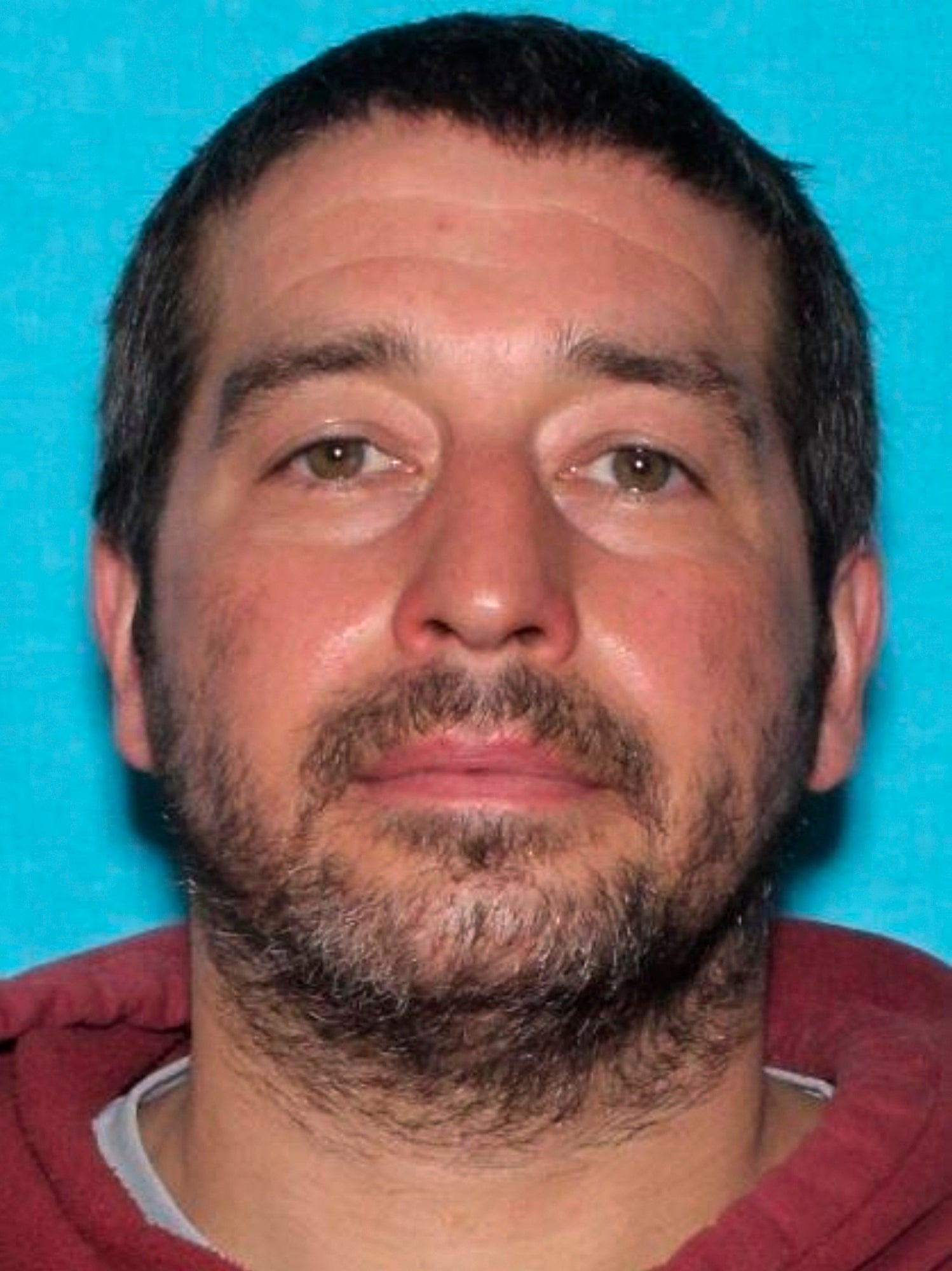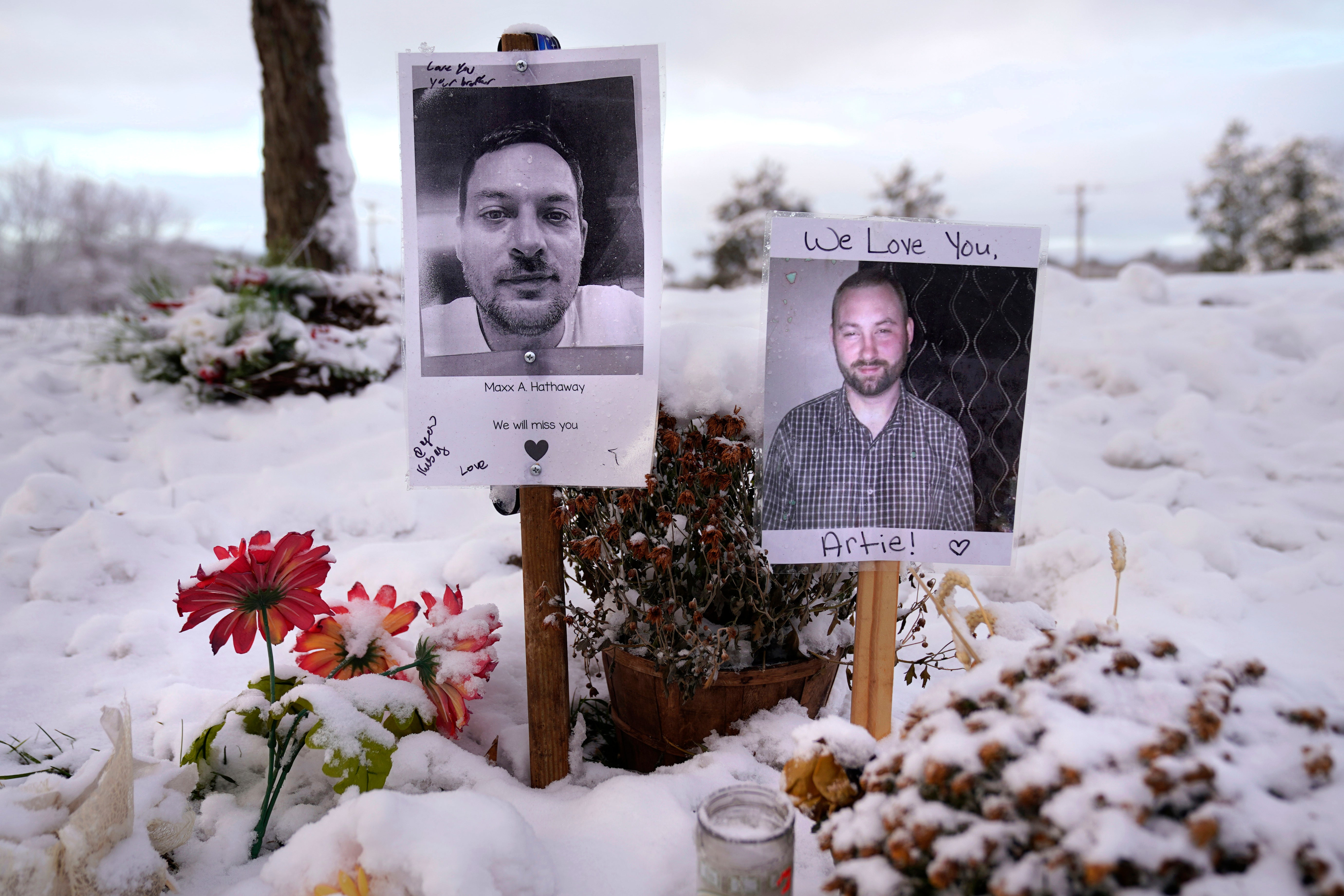Survivors of Maine’s deadliest mass shooting and grieving families of the victims are taking the federal government to court, saying the U.S. Army could have stopped the gunman before he killed 18 people in Lewiston in what they call “one of the most preventable mass tragedies in American history.”
The lawsuit, filed Wednesday on behalf of more than 100 people, accuses the Army of negligence for failing to act as reservist Robert Card’s mental health unraveled in the months before the October 2023 attack.
An independent commission appointed by Maine’s governor later concluded there had been numerous missed opportunities for intervention by Army officials and civilian law enforcement as the shooter’s mental health deteriorated.
He was found dead by suicide two days after the shootings.
“By March 2023, the United States and its personnel knew Card was paranoid, delusional, violent, and lacked impulse control. The Army knew he had access to firearms. The Army promised to remove his guns but did not fulfill that promise,” the complaint states.
Instead, it alleges, that “through its acts and omissions,” the Army “withheld information and actively misled local law enforcement, thereby preventing others from intervening and separating Card from his weapons.”
Warning signs had piled up, according to the lawsuit. The shooter was hospitalized during Army training that summer, and fellow reservists reported increasingly erratic and paranoid behavior, it alleges.
In September 2023, a fellow reservist reportedly texted: “I believe he’s going to snap and do a mass shooting.”
Army Reserve officials later acknowledged that no one ensured he took his medication or followed up on treatment after returning home to Bowdoin, Maine.
After the shootings, the Army’s own investigation found “a series of failures by unit leadership,” Lt. Gen. Jody Daniels, then the chief of the Army Reserve, said at the time.

“From the start, the Army disregarded its mandatory policies and procedures, and regulations when dealing with Card,” the lawsuit states.
The Department of Defense declined to comment on the lawsuit, saying the agency does not comment on pending litigation, according to The Associated Press.
“Despite the serious issues Card presented at the company or battalion level, they were not reported up the chain of command to senior military officials with the knowledge, experience, and resources to address them. Instead, low-ranking, part-time personnel mis-managed the risks, resulting in disastrous consequences.”
Three Army Reserve leaders were disciplined for dereliction of duty.
When the governor’s commission released its final report last August, the Army said it was “committed to reviewing the findings and implementing sound changes to prevent tragedies like this from recurring.”

The Lewiston shootings spurred new gun laws in Maine, a state with a long tradition of hunting and firearm ownership.
Those measures have since drawn lawsuits from gun rights advocates and remain a point of contention nearly two years later.
Attorneys for the survivors and families plan to provide more details Wednesday at a news conference in Lewiston, not far from where the shootings took place.







